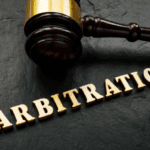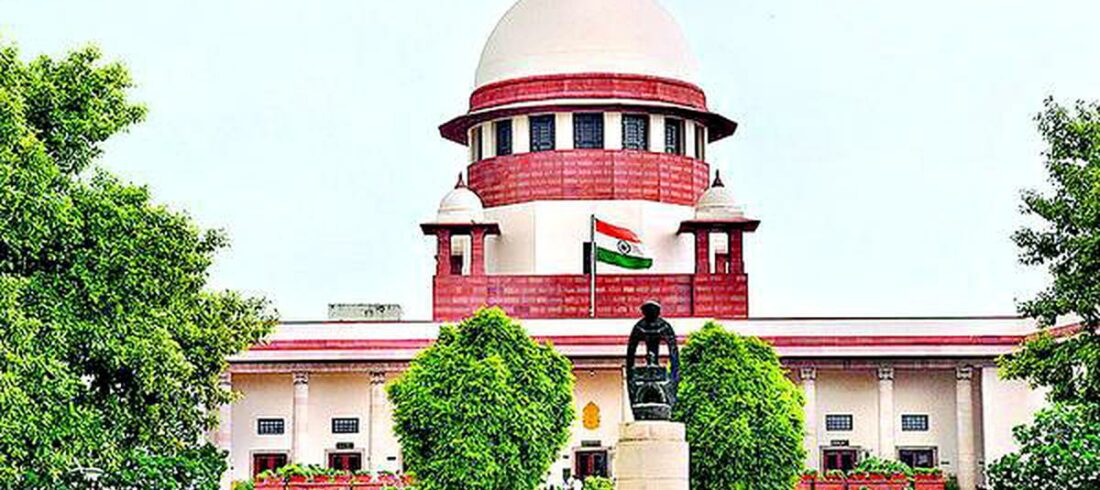A General Power of Attorney (“GPA”) or a Will are not recognised as title papers or as instruments granting rights in any moveable property, according to the Supreme Court. Furthermore, it has been decided that if the GPA holder does not execute any documents as a result, the GPA becomes meaningless.
Background Facts
Owner of the “Suit Property” was Mr. Ghanshyam (“Appellant”). The property was located in Delhi. He and Mr. Yogendra Rathi (the “Respondent”) entered into an Agreement to Sell on April 10, 2002, for the sale of the Suit Property, and the Respondent paid him the full sale price. The Appellant signed a will naming the Respondent as the beneficiary of the Suit Property on the same day. A general power of attorney was also signed by the appellant in the respondent’s favour. The Respondent was given ownership of the Suit Property, but no sale document was signed.
The Respondent granted the Appellant a three-month licence to use a section of the Suit Property. The Appellant did not leave the property after the three months were over. The Appellant was sued by the Respondent in order to be removed from the Suit Property and to be compensated for any lost profits.
On the basis of the Agreement to Sell dated 10.04.2002, General Power of Attorney, note of possession, receipt of payment of sale consideration, and a will dated 10.04.2002, the Respondent asserted ownership of the Suit Property. The Appellant claimed that the Respondent’s documents had been altered to appear on blank sheets of paper. There was, however, no proof to support such claim. The appellant did not contest his signature on the relevant documents or his receipt of the selling consideration.
The Trial Court determined that there was no document manipulation, and as a result, the Respondent is qualified to receive an eviction order and a judgement for lost profits. Before the High Court, the Appellant filed a first appeal and then a second appeal, both of which were rejected in favour of the Respondent. The Appellant then appealed the decision to the Supreme Court.
Issue
Whether the suit for eviction of the appellant from the suit premises and for the recovery of mesne profits hold any grounds?
Observations
- Nature of the deal –
The plaintiff-respondent is the party who is being sued for the eviction of the defendant-appellant from the suit premises and for the recovery of damages because the defendant-appellant has no right to disturb the plaintiff-respondent’s possession after giving up possession of the property in part performance of the agreement. He is only a licensee, and because the licence has been revoked, he has no right to keep the property; instead, he must return it to the owner who has a legitimate claim to it.
- Validity of document signed by POA
The power of attorney signed by the defendant-appellant has no bearing because neither a sale deed nor any other action done by the power of attorney holder in accordance with it has been completed, which may have given the plaintiff-respondent a title. Any document that the general power of attorney holder fails to execute as a result of it invalidates the stated general power of attorney.
In the case of Suraj Lamp & Industries Pvt. Ltd. vs. State of Haryana & Anr. (2009), the Supreme Court disapproved of the conveyance of property without a registered conveyance document through a sale agreement, general power of attorney, or will.
The practise of considering the general power of attorney and the thus-executed will to be papers of title or documents granting rights in any moveable property is illegal in relation to these legal instruments. Any such custom or tradition would not supersede the legal rules requiring the completion of a deed of title or transfer and its registration in order to provide ownership of immovable property worth more than Rs. 100/-.
- Validity of Will
The Bench expressed the opinion that a Will only takes effect upon the demise of the executant when it came to the question of whether any titles might be granted through a Will. Till the testator or the person who made the will passes away, it has no legal effect. Even the aforementioned will not in any way grant the plaintiff-respondent any rights because the aforementioned stage has not yet been reached in the current case.
Judgement
An agreement to sell is neither a title record nor a contract transferring ownership of property through a sale, the Bench observed. Therefore, in light of Section 54 of the Transfer of Property Act, 1882, it does not grant the Respondent any absolute ownership to the Suit Property. However, based on his partial fulfilment of the Agreement to Sell, the Respondent has de facto possessory rights, as evidenced by the elements of entering into an Agreement to Sell, paying the full selling amount, and being given possession by the transferor. Part of the Respondent’s possessory right is not susceptible to being disturbed by the transferor (Appellant).







